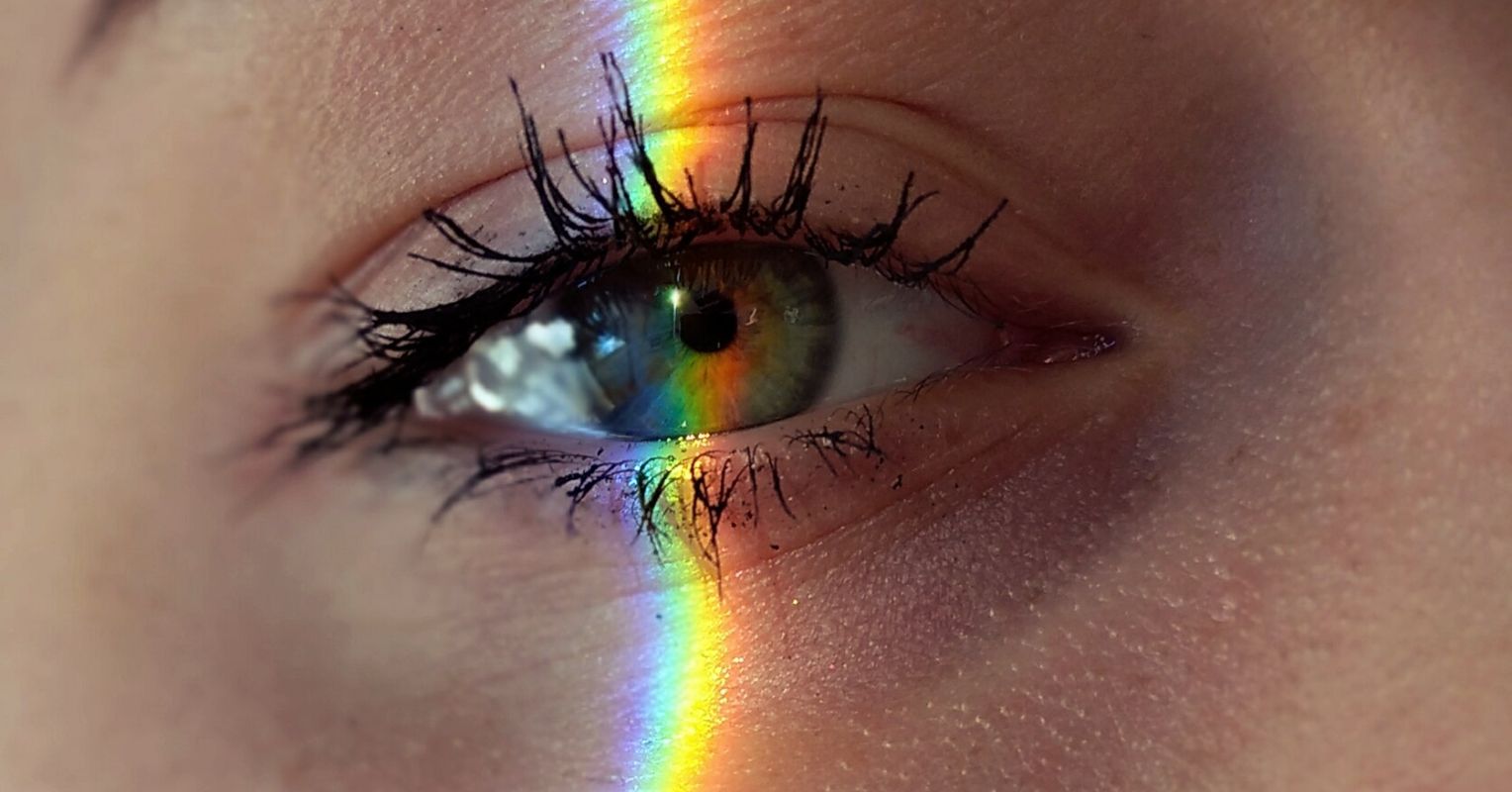Since the beginning of my career, autism and psychosis have been my specialties. I had fallen into this space through my own mental health and neurodiversity experiences. I appreciated (and still appreciate) the perspectives of these individuals and the innovation/creativity that comes from a different way of thinking. Still, I had thought of these two areas of interest as somewhat unrelated.
Over the years, I have met several diagnosed with autism who also experience sensory alterations or other symptoms similar to those seen in psychosis. I have also met a surprising number of people diagnosed with a psychotic disorder who were autistic before the onset. I had assumed this to be rooted in misdiagnosis and misunderstandings.
There is a lot of overlap in criteria between autism and psychosis. This has been acknowledged in the DSM-V criteria for schizophrenia, adding caution through the requirement that for a person with a history of autism to be diagnosed with schizophrenia they must present with significant hallucinations and/or delusions (American Psychiatric Association, 2013). This makes sense: Both autism and psychotic-spectrum disorders affect a person’s way of relating to others, which may come across as ‘disorganized,’ or ’emotionally flat.’
Further, like members of other minority groups, autistic people are less likely to be well-understood in medical settings, placing them at greater risk for misdiagnosis. I thought that maybe the dual diagnosis more often represented a disconnect in communication than a true comorbidity. In some cases, this might be true. Still, I’ve become increasingly curious about a possible connection between autism and psychosis.
Co-Occurrence
A higher-than-expected comorbidity is well-documented between autism and psychotic symptoms. One analysis of 14 studies found an average of 9.5% of individuals diagnosed with Autism Spectrum Disorder to also have a psychotic disorder (De Giorgi et al, 2019). A longitudinal study found that parent-reported autistic traits in childhood often predicted psychosis in adolescence (Jones et al, 2012).
In addition, research drawing from data from the 2007 and 2014 Adult Psychiatric Morbidity Studies found that among the more than 14,000 participants, there was a ‘strong’ link between autism and psychotic experiences (Martinez et al, 2021). It is important to note here that psychotic experiences do not always translate into a psychotic disorder. For example, many people experience brief limited intermitted psychotic symptoms at some point in life and never go on to develop a full psychotic disorder
Endocannabinoid System and Other Biology
So, why would this be the case? Overlap in presentation is certainly one explanation, both in the direction of misunderstanding autistic communication patterns for psychosis and early signs of psychosis for autism. This is particularly relevant when acknowledging that negative symptoms of schizophrenia such as social withdrawal and emotional blunting are more likely to present in early psychosis before the first episode of psychosis.
A genetic link has also been explored. Much of this research has focused on the endocannabinoid system (Colizzi et al, 2022). You might recognize the term ‘cannabinoid.’ Let me explain. The endocannabinoid system is believed to play a key role in brain development during both early childhood (the typical age of onset of autism) and throughout adolescence/young adulthood (the most common age of onset for schizophrenia). And, yes, this is a system with which the substance cannabis interacts, which is partially theorized as to why adolescent cannabis use is sometimes a risk factor for schizophrenia (Semple et al, 2005). This said, despite growing research exploring the link between the endocannabinoid system and both conditions, definitive conclusions are yet to be drawn.
Other research has examined similarities and differences between autism and psychosis on brain structure and development.
Stress-Diathesis Model
Another perspective draws from a model utilized in the understanding of psychosis since the 1990s: the stress-diathesis model. According to this model, psychosis develops in individuals with a certain, likely genetic, vulnerability who exceed a certain level of stress. The construct postulates that stress triggers psychosis through the brain’s response to significant stress (Pruessner et al, 2017). This is not to say that stress causes psychosis per se, but that genetics puts gas in the metaphorical car and stress presses the accelerator. Within this framework, some have argued that anyone could be pushed into psychosis if placed under enough stress.
Being a neurodivergent person in a neurotypical world is stressful. Autistic people often experience significant social stress including bullying, exclusion, rejection, and that which comes naturally from trying to conform to neurotypical expectations. The intense world theory of autism capitalizes on the additional stress of heightened senses (Favre et al, 2019). Could this extra stress place autistic people at greater risk for psychosis?
Neurodiversity-Affirming Care
While the connection between autism and psychosis remains somewhat mysterious, a few things can be said with more certainty. Both autism and psychosis affect one’s integration of information, sensory and otherwise. They are neurodivergences.
There is a great need for neurodivergent-affirming care within the mental health community as well as considerations of how to approach psychosis in autistic individuals. Of note, a study of 638 individuals experiencing a first episode of psychosis found that autistic youth were less likely to respond positively to antipsychotics (Downs et al, 2017). Research is necessary to explore what effective intervention looks like for autistic individuals experiencing psychosis.
This content was originally published here.
